

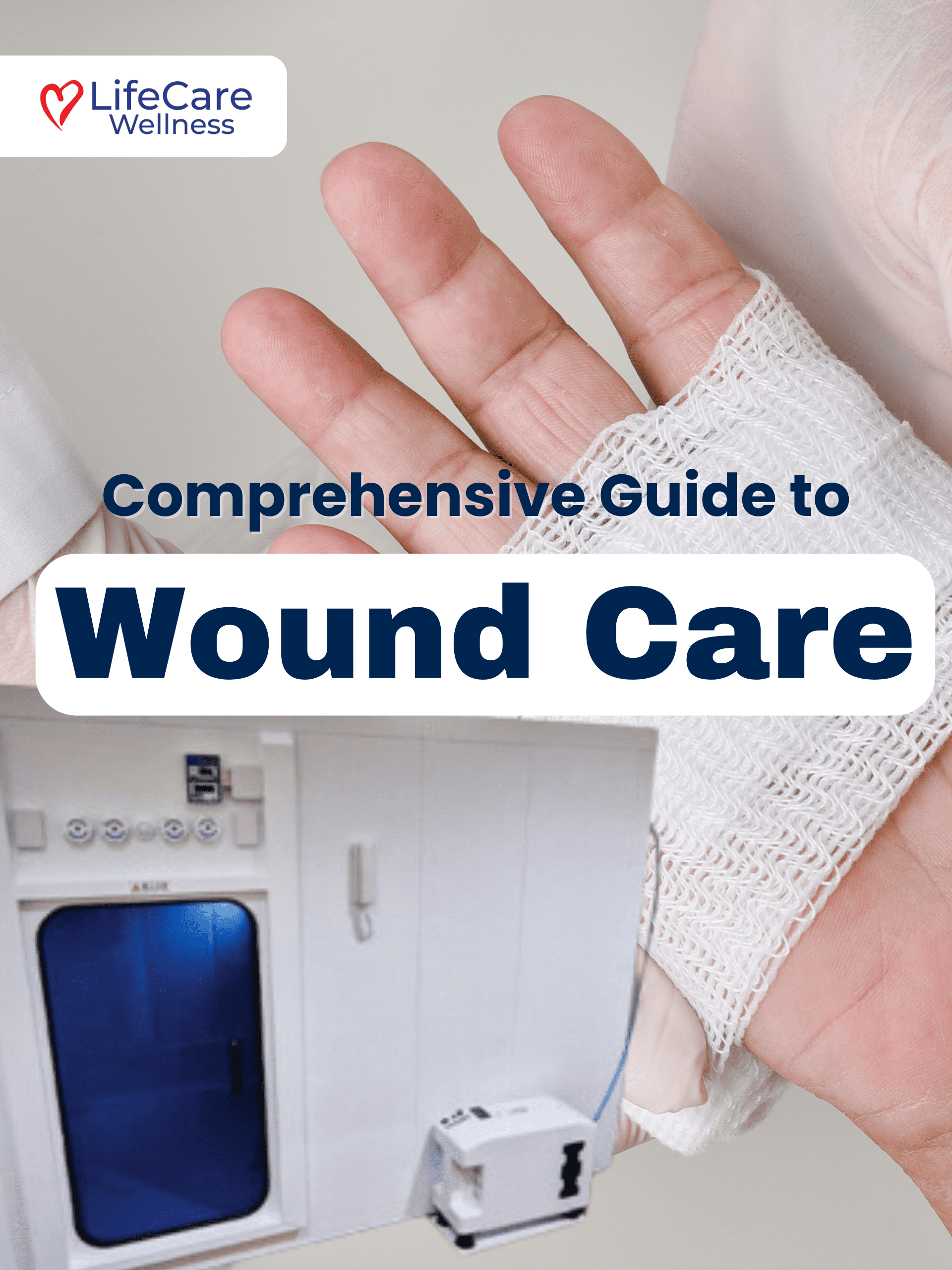

LifeCare Wellness
21/03/2024
Comprehensive Guide to Wound Care: Understanding Types, Complications, and Management at LifeCare Wellness Centre
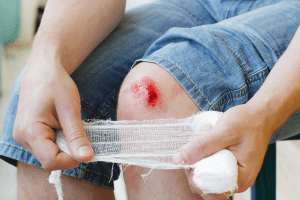

Wounds are not just physical injuries; they can significantly impact one’s health and well-being if not properly managed. At LifeCare Wellness Centre in Kuala Lumpur, we understand the importance of effective wound care. In this comprehensive guide, we will explore the different types of wounds, their potential complications if left untreated, and how LifeCare Wellness Centre specializes in managing non-healing wounds through innovative treatments like external counterpulsation and wellness hyperbaric oxygen therapy.
Understanding Wound Types:


Traumatic Wounds:
- Traumatic wounds occur due to physical injuries such as cuts, abrasions, or punctures.
- These wounds can range from superficial to deep tissue damage, depending on the force of impact.
- Common causes include accidents, falls, or sports-related injuries.
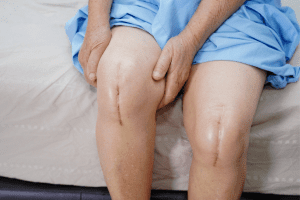

Surgical Wounds:
- Surgical wounds are intentional incisions made during medical procedures.
- These wounds are typically clean and well-controlled during surgery but require proper care post-operation to prevent infection.
- Factors such as the patient’s health status and surgical technique can influence wound healing.
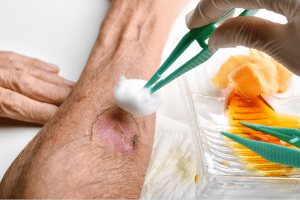

Chronic Wounds:
- Chronic wounds are persistent wounds that fail to heal within the expected timeframe.
- Common types include diabetic ulcers, pressure ulcers, and venous stasis ulcers.
- Underlying conditions such as diabetes, poor circulation, or immobility contribute to the development of chronic wounds.
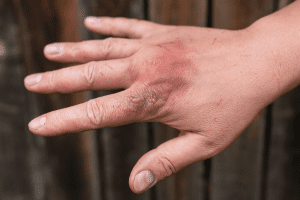

- Burn wounds result from exposure to heat, chemicals, electricity, or radiation.
- Severity ranges from superficial burns to deep tissue damage, affecting skin integrity and function.
- Proper assessment and classification of burn wounds are crucial for determining treatment options.
Complications of Untreated Wounds:
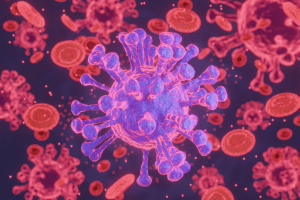

Infection:
- Untreated wounds are susceptible to bacterial, fungal, or viral infections.
- Infection can lead to localized inflammation, pus formation, and systemic complications such as sepsis.
- Prompt identification and treatment of infected wounds are essential to prevent further complications.


Delayed Healing:
- Chronic wounds often exhibit delayed healing, prolonging the recovery process.
- Factors such as impaired blood flow, poor nutrition, or underlying medical conditions contribute to delayed wound healing.
- Without intervention, chronic wounds can worsen and increase the risk of complications.
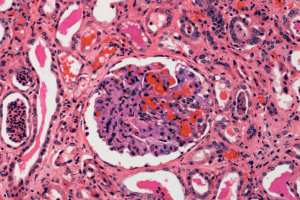

Tissue Necrosis:
- Prolonged ischemia or inadequate oxygen supply to the wound site can result in tissue necrosis.
- Necrotic tissue hinders the wound healing process and serves as a breeding ground for bacteria.
- Surgical debridement or advanced wound care techniques may be necessary to remove necrotic tissue and promote healing.
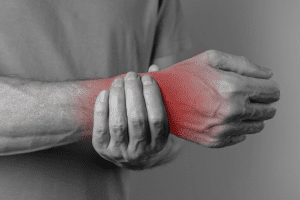

Systemic Effects:
- Severe wounds can have systemic effects on the body, affecting vital organs and overall health.
- Chronic inflammation, immune system dysregulation, and metabolic disturbances may arise from untreated wounds.
- Addressing wound-related systemic effects is vital for optimizing patient outcomes and preventing complications.
Innovative Wound Management at LifeCare Wellness Centre:
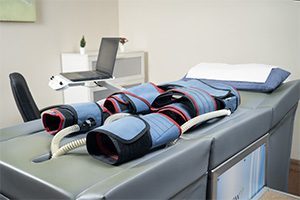

External Counterpulsation (ECP) Therapy:
- ECP therapy improves blood flow and oxygen delivery to tissues, enhancing wound healing.
- By applying external pressure to the lower limbs during diastole, ECP increases coronary perfusion and arterial oxygenation.
- Patients with chronic wounds benefit from ECP’s ability to stimulate angiogenesis and reduce tissue hypoxia.


Wellness Hyperbaric Oxygen Therapy (HBOT):
- HBOT involves breathing pure oxygen in a pressurized chamber, increasing oxygen levels in the bloodstream and tissues.
- Oxygen-rich environments promote cellular metabolism, collagen synthesis, and antimicrobial activity, accelerating wound healing.
- HBOT also reduces inflammation, edema, and oxidative stress, optimizing the wound microenvironment for repair.


Multidisciplinary Approach:
- At LifeCare Wellness Centre, we employ a multidisciplinary approach to wound management, involving specialists from various fields.
- Our team collaborates to assess each patient’s unique needs and develop personalized treatment plans.
- Integrating advanced therapies with conventional wound care techniques ensures comprehensive and effective wound management.


Patient Education and Support:
- We prioritize patient education and support to empower individuals in managing their wounds effectively.
- Our healthcare professionals provide guidance on wound care techniques, infection prevention, and lifestyle modifications.
- By promoting self-care practices and fostering patient engagement, we aim to optimize treatment outcomes and long-term wound healing.


